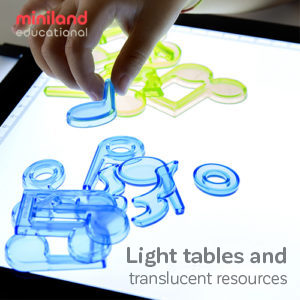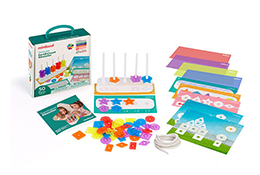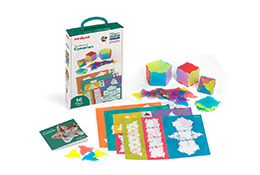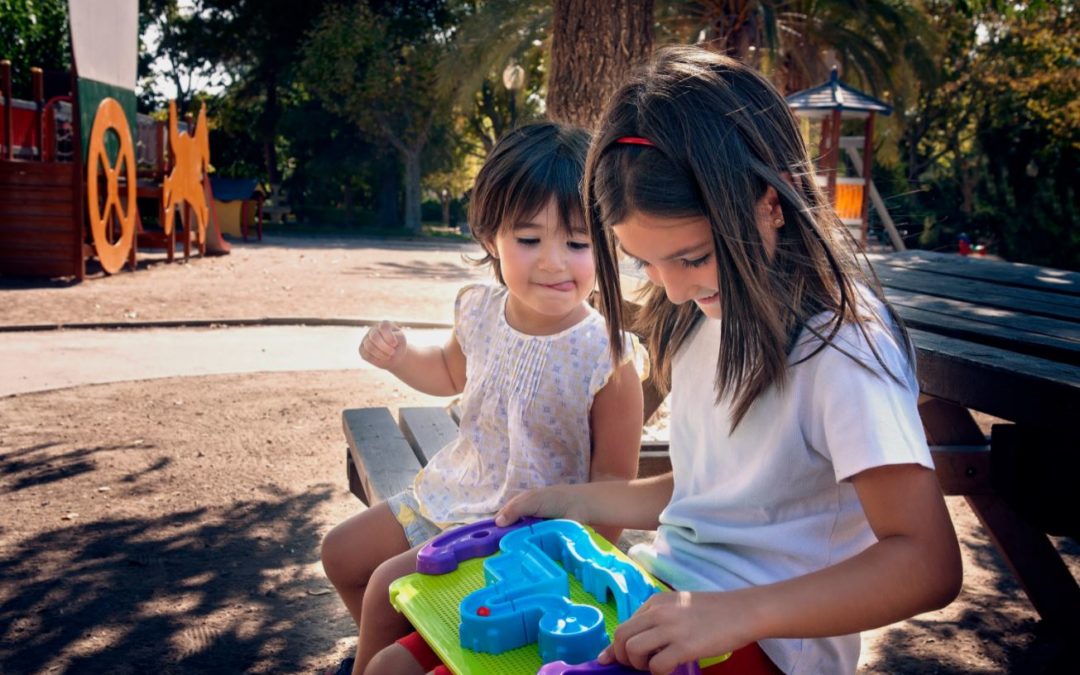
by Miniland Educational | Oct 30, 2018 | Child development and emotions
Active listening makes a difference to how well your children learn. The ability to pay attention means they’re more likely to understand — and remember — any communication. This makes the learning process easier because your classroom will be filled with less...
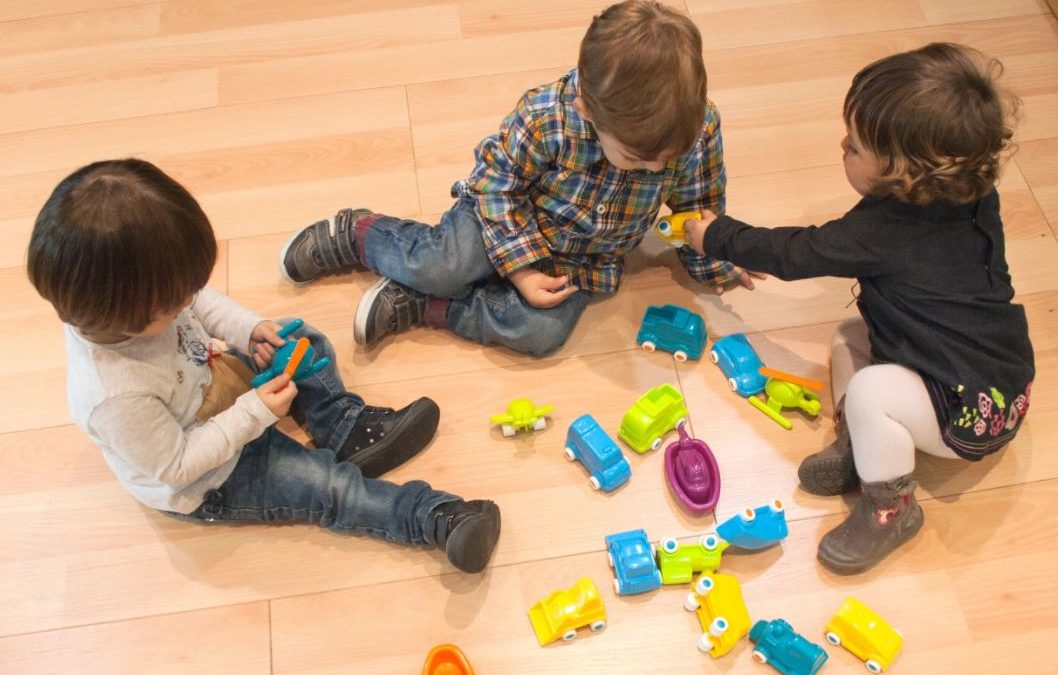
by Miniland Educational | Oct 23, 2018 | Child development and emotions
The ability for society to evolve relies on our ability to be creative, and work together to solve daily challenges of increasing complexity. These skills are most effectively developed through cooperative play and are learned in childhood. They’re also recognized by...
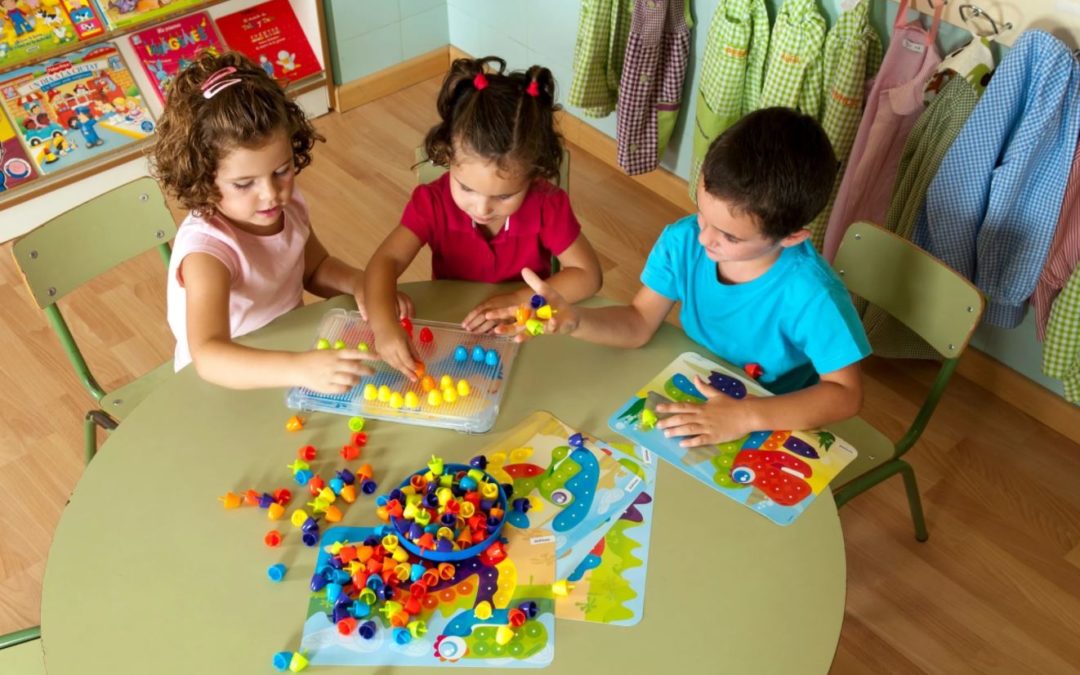
by Miniland Educational | Oct 16, 2018 | Child development and emotions
A multilingual education makes you smarter — there’s no denying it. We thought we’d give you a whirlwind tour of why, rather than cite in detail the findings of researchers like this one who specialize in the field. We know that as an ECD teacher you’re most likely...
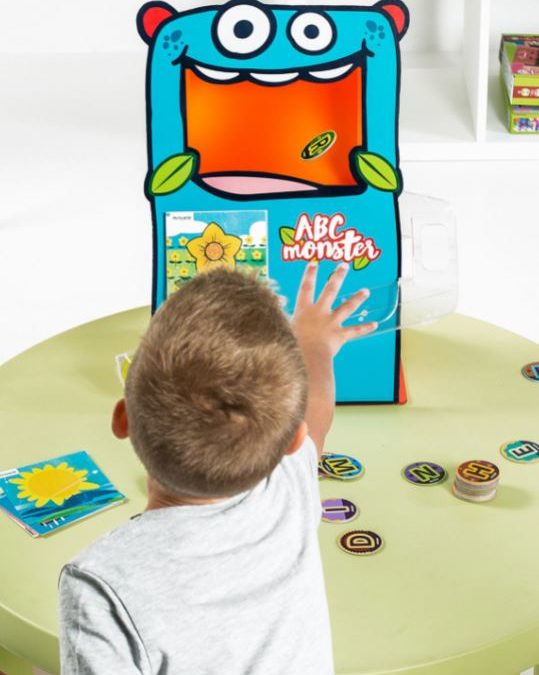
by Miniland Educational | Oct 9, 2018 | Child development and emotions
Children learn social skills through life experiences. We’re not born knowing about teamwork or communication — we learn this from our families, friends, and teachers. As a teacher, cooperative play can be a godsent. T These types of games provide opportunities for...

by Miniland Educational | Oct 2, 2018 | Child development and emotions
Digital literacy is required in almost all spheres of 21st-century life. Children today need to know how to use technology safely and effectively. As a teacher, most of this responsibility to ensure they grow up literate falls on your shoulders. We share how our...
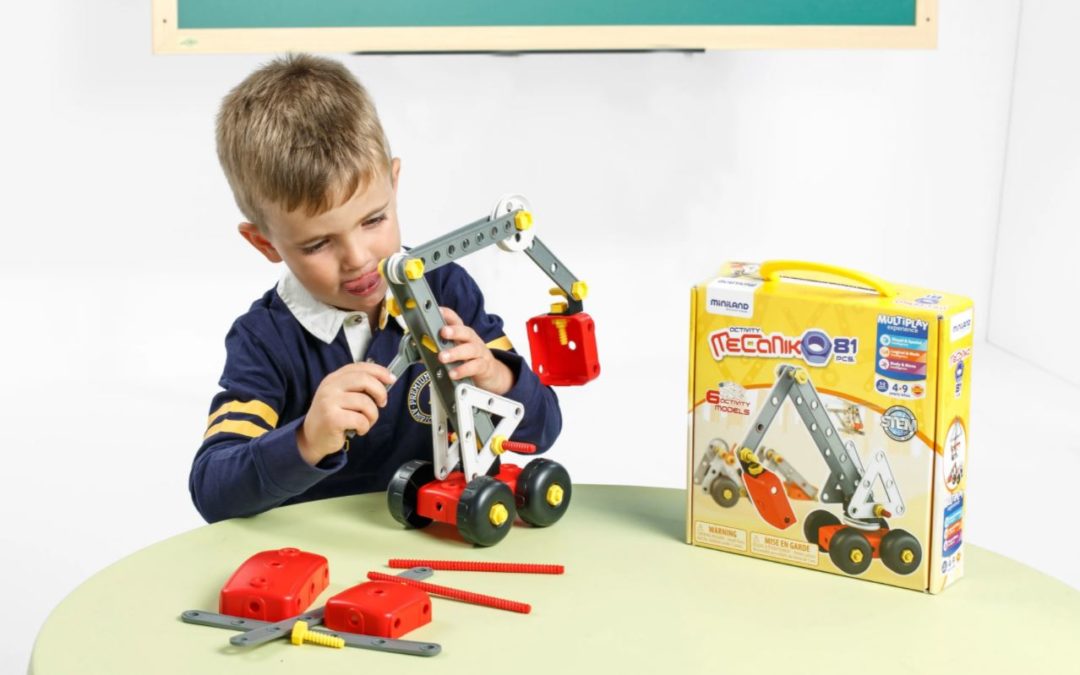
by Miniland Educational | Aug 21, 2018 | Child development and emotions
A child’s early experiences have a defining effect on their future physical, emotional, and cognitive health. According to UNICEF, investing holistically and wholeheartedly in a child’s early years is the best way to support them in becoming contributing adult members...







